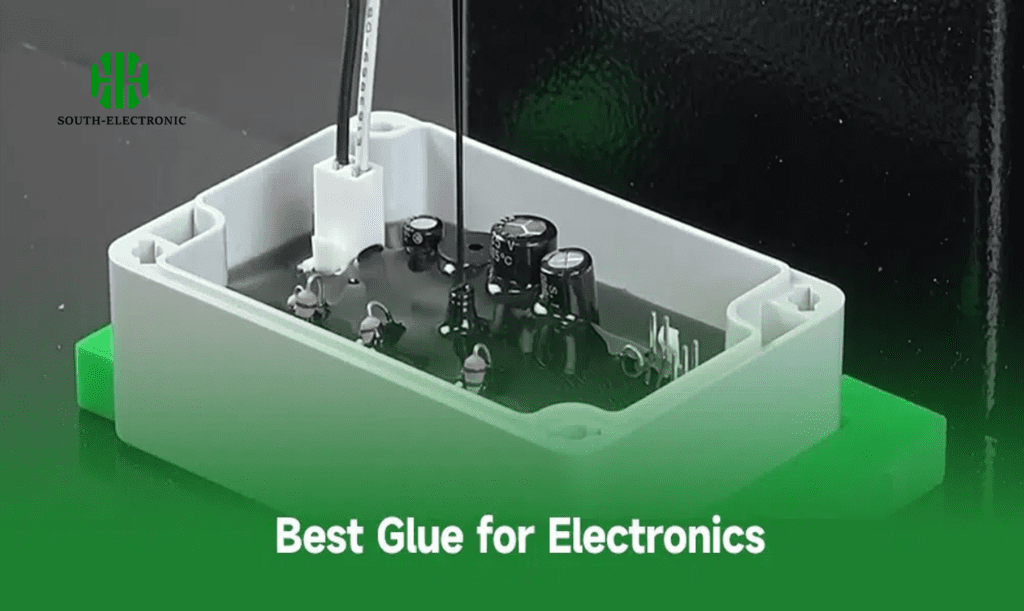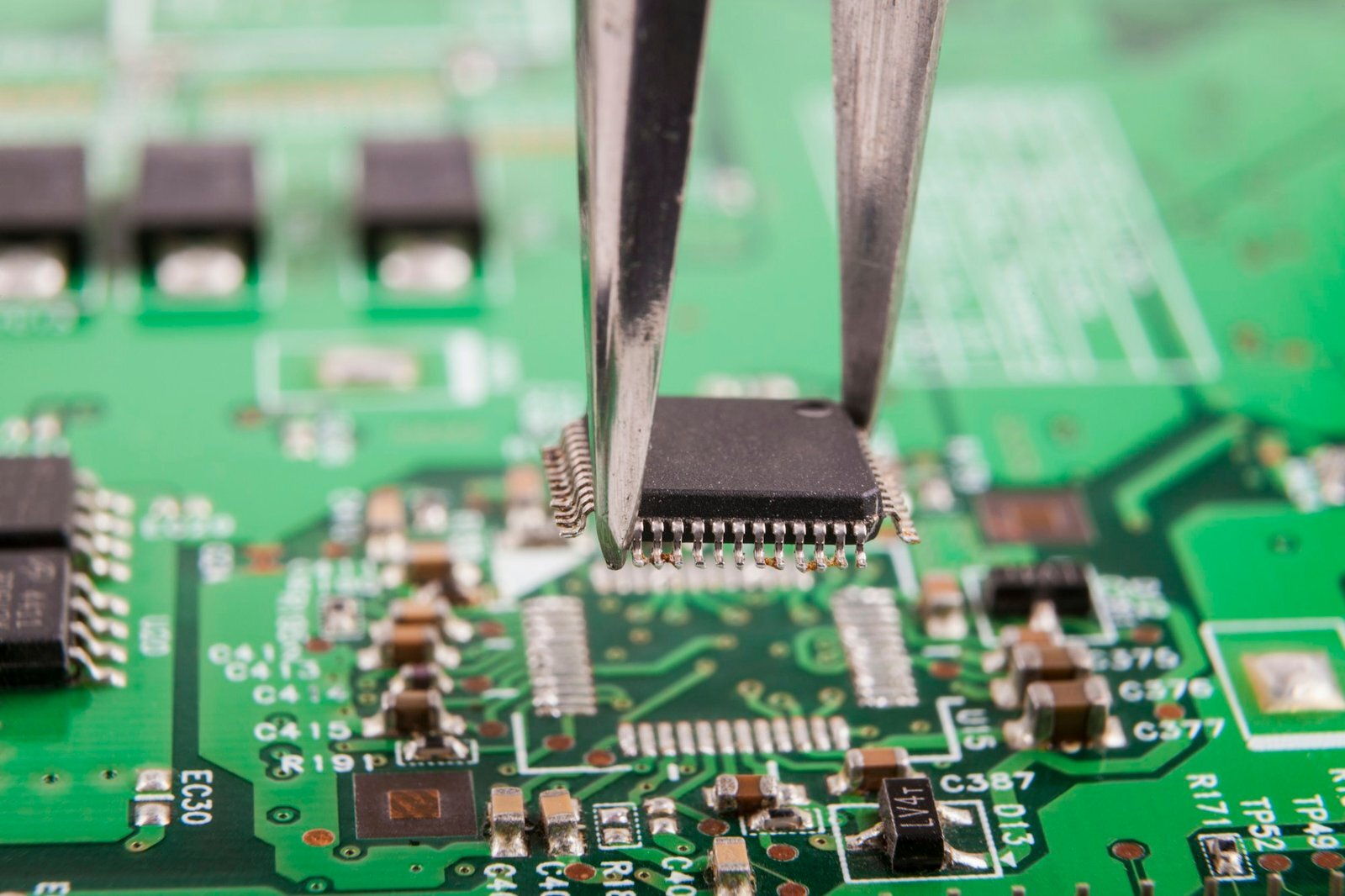What is the Best PCB Glue?
PCB glue is a sticky stuff you need to stick electronic components to a PCB board. You can use different types of glue, like RTV silicone and epoxy resin, but they all do the same thing. They stick stuff to your board. The best glue for your PCB depends on what you’re doing and what you need. But a lot of people like epoxy resin. It’s strong, it can take the heat, and it lasts a long time. That’s why people use it to stick components on their boards.
What Types of Glue are Commonly Used in PCBs?
Common types include epoxy resin, polyurethane, silicone, and cyanoacrylate adhesives, each with unique properties suited for specific applications.
| Type of Glue | Description | Applications | Benefits |
|---|---|---|---|
| Epoxy | Two-part adhesive | Bonding components, potting, encapsulation | High strength, chemical resistance |
| Acrylic | Fast-curing adhesive | Quick assembly processes | Quick curing, moderate strength |
| Silicone | Flexible and heat-resistant | High-temperature environments, moving parts | Heat resistance, flexibility |

What Factors Should be Considered when Choosing PCB Glue?
Considerations include thermal properties, mechanical strength, chemical resistance, and compatibility with other materials used in the PCB. Improper application or using the wrong type of glue can potentially affect component performance, so selecting the appropriate adhesive and applying it correctly is crucial.
| Factor | Considerations |
|---|---|
| Component Type | Match glue properties to component requirements |
| Environmental Conditions | Temperature, humidity, chemical exposure |
| Application Method | Compatibility with manual or automated processes |

Is PCB Glue Electrically Conductive?
Most PCB glues are non-conductive to prevent short circuits and ensure electrical isolation between components. However, there are specialized conductive adhesives available for applications where electrical connectivity is required. These conductive adhesives typically contain metal particles, such as silver or copper, and are used in specific situations like bonding conductive traces or components where soldering might not be feasible. When selecting an adhesive, it’s crucial to choose one that matches the electrical requirements of your PCB application.

Can PCB Glue Withstand High Temperatures?
Yes, certain types of PCB glue, such as high-temperature epoxy resins, silicone adhesives, and polyurethane adhesives, are formulated to withstand high temperatures. These adhesives maintain their bonding strength and integrity under thermal stress, ensuring components remain securely attached and protected from thermal degradation. They also accommodate thermal expansion and contraction, preventing damage from thermal cycling and ensuring long-term reliability and performance in high-temperature environments.



